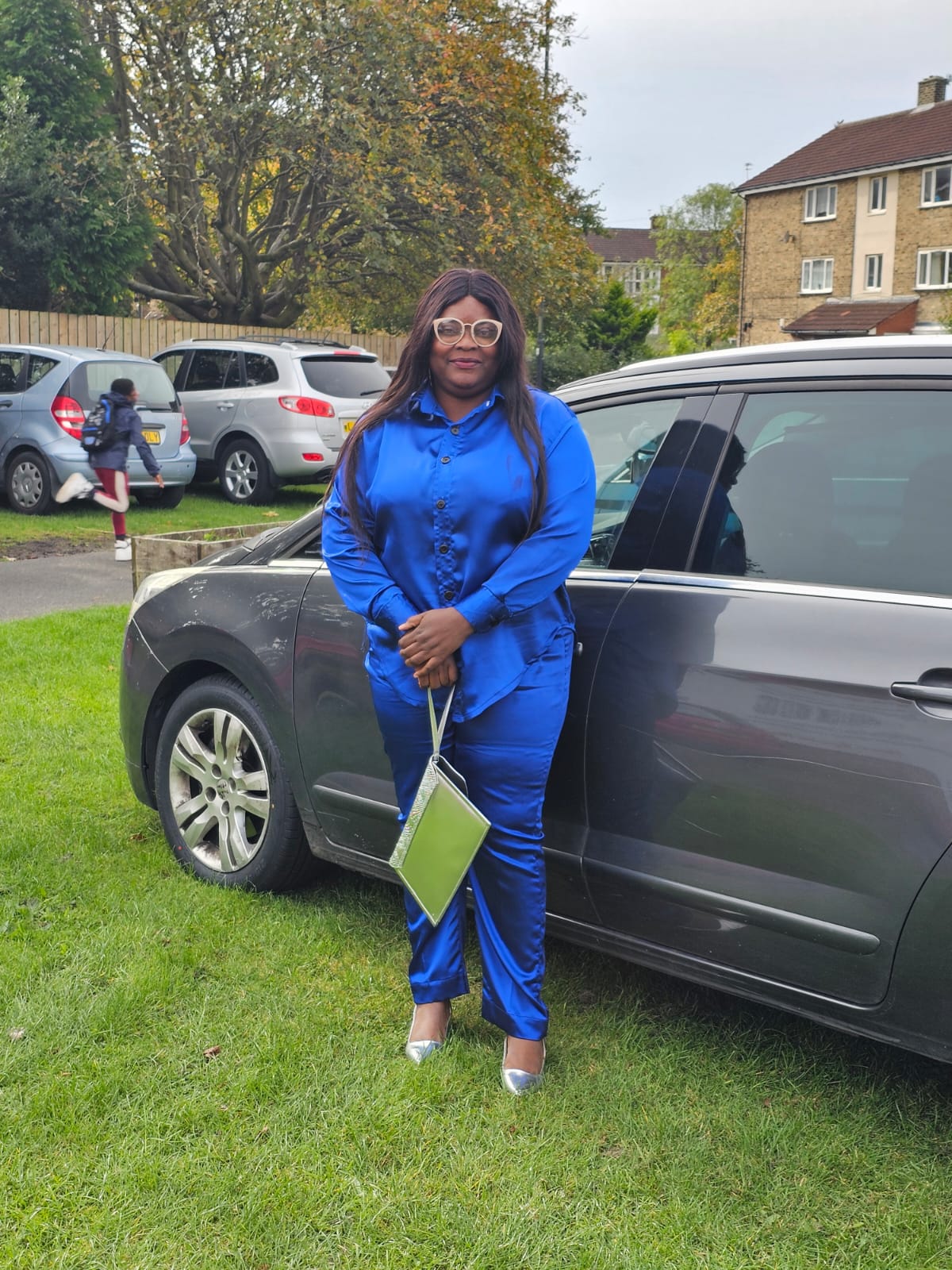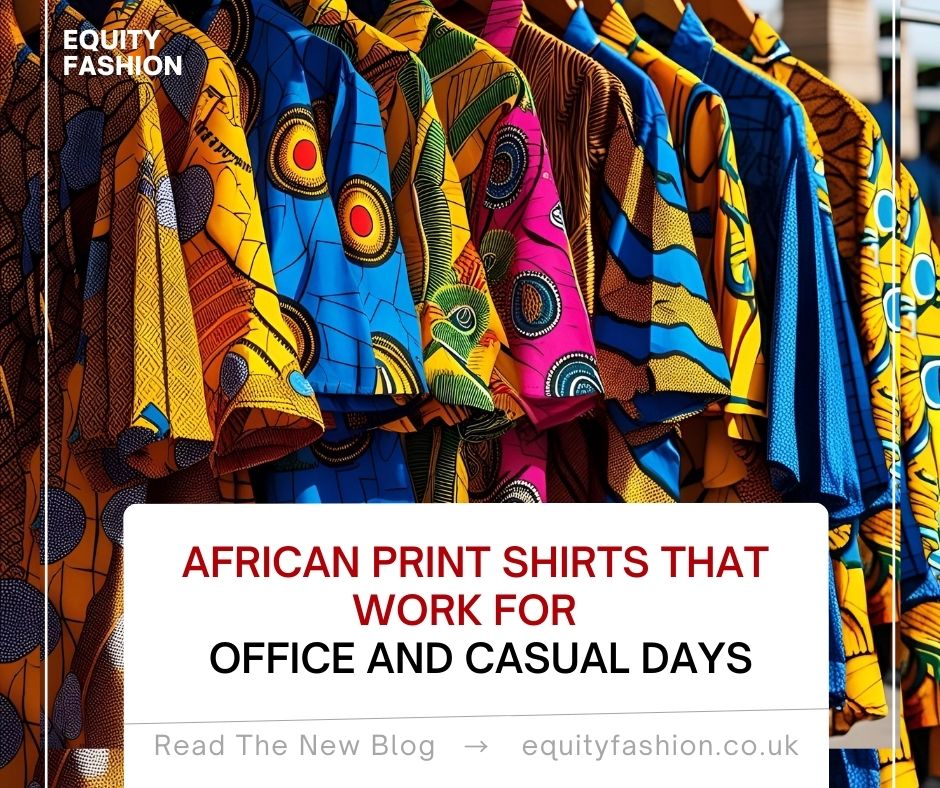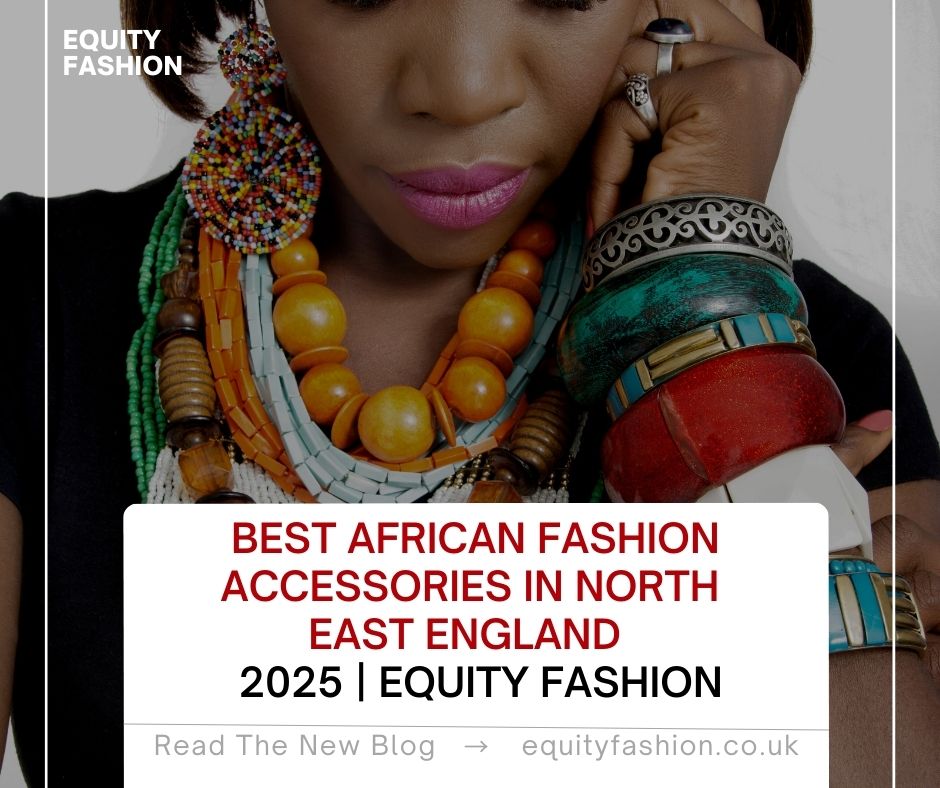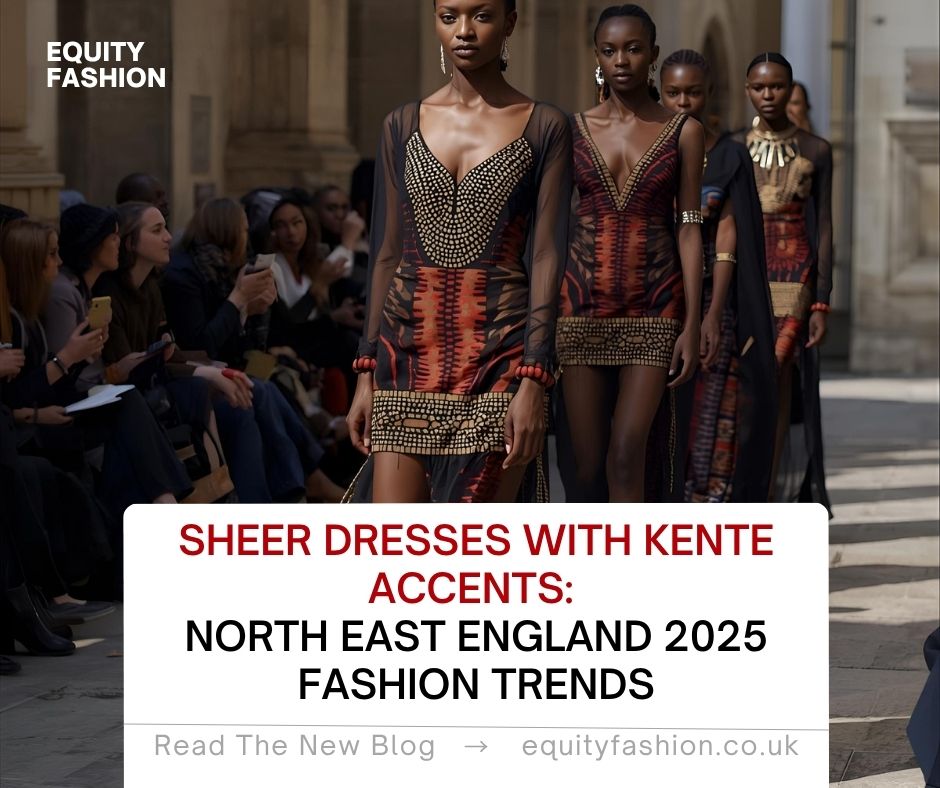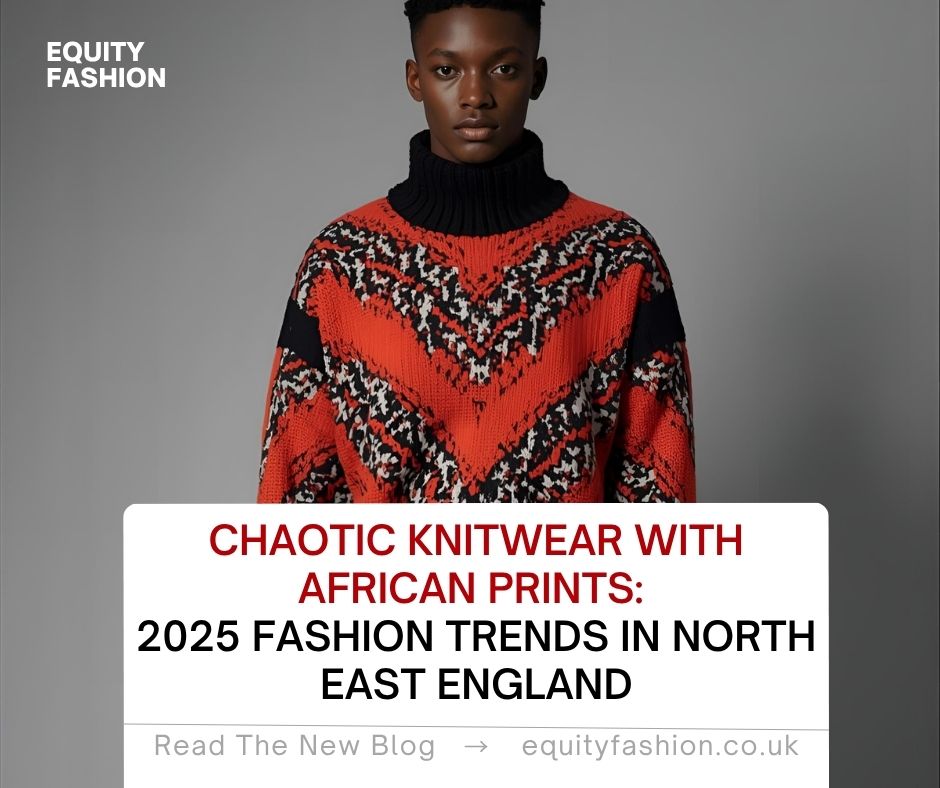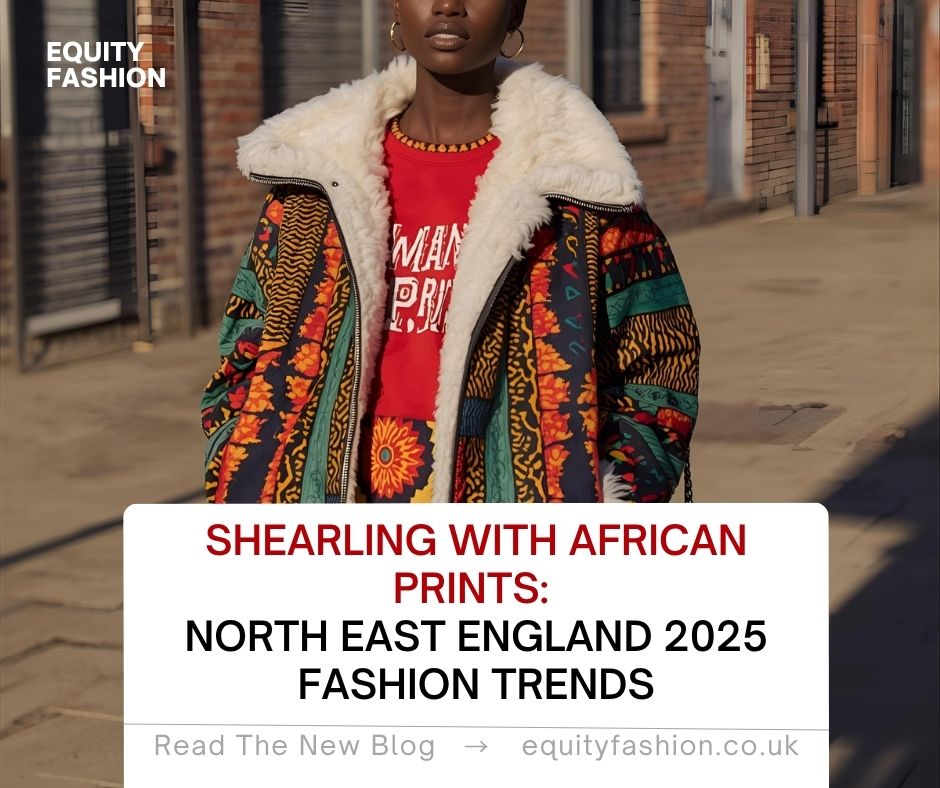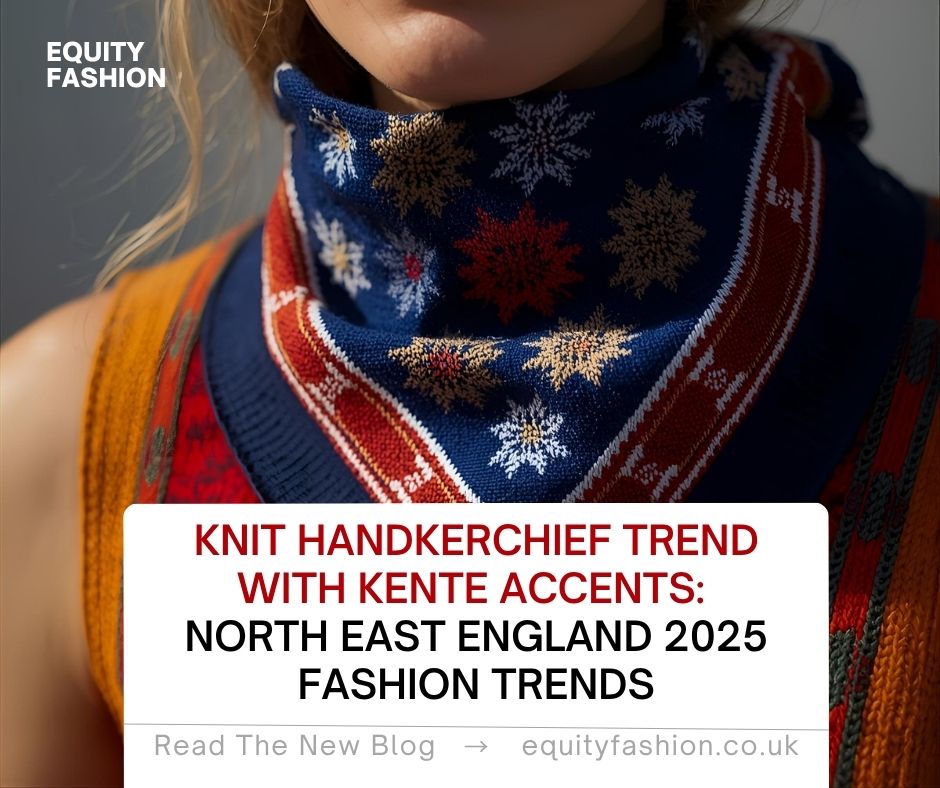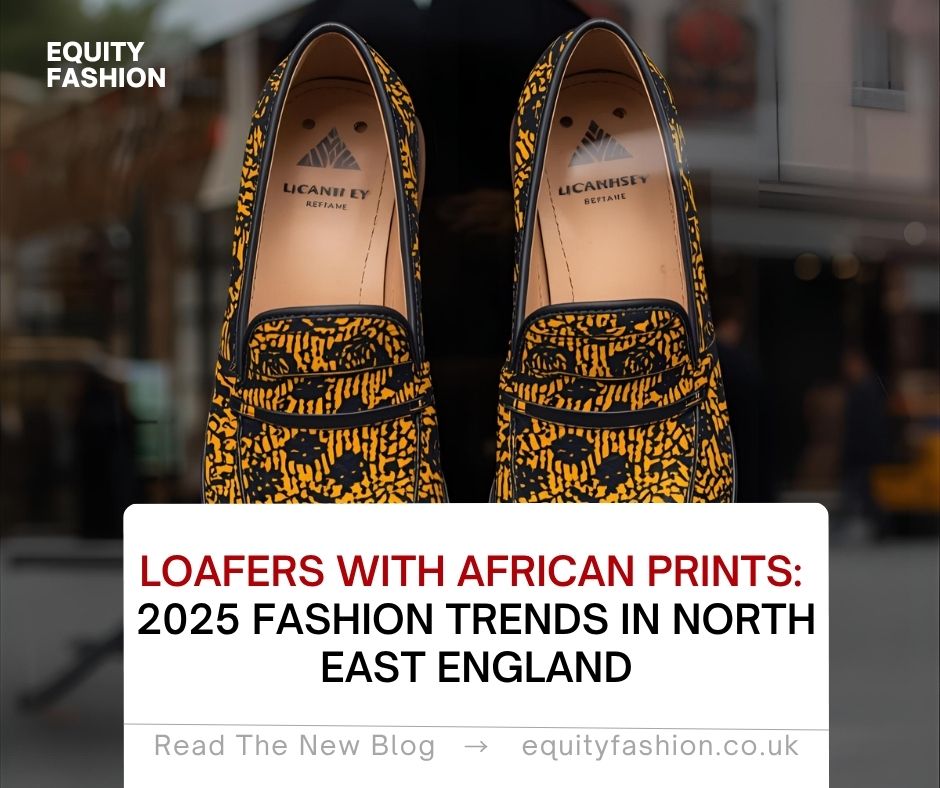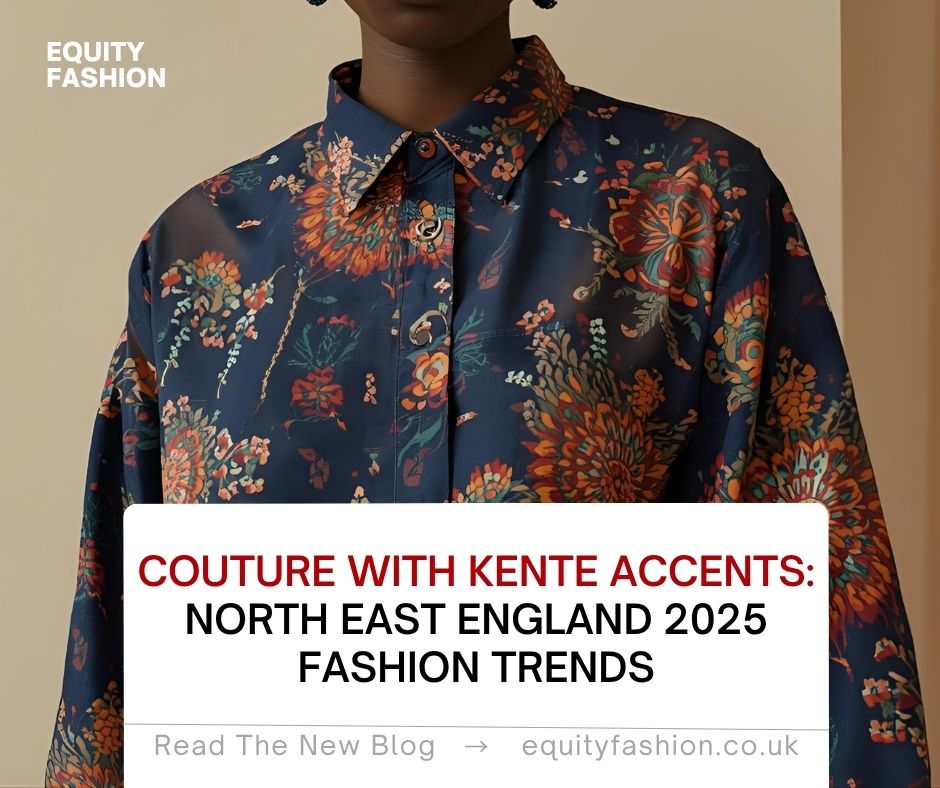Sustainable African Fashion Practices in North East England 2025
Sustainable African fashion practices in North East England 2025 are reshaping the industry, merging ethical sourcing with vibrant cultural designs to create eco-friendly wardrobes that honor heritage and protect the planet. Imagine strolling through Newcastle’s bustling markets in a custom Ankara dress made from recycled fabrics, its bold patterns echoing African artistry while leaving zero waste behind—or wrapping up for a Durham winter walk in a Kente coat crafted from organic cotton grown sustainably. At Equity Fashion, we’re leading this movement in the North East, making African-inspired clothing accessible, affordable, and environmentally sound right here in the UK. With global trends pointing to a $9.81 billion sustainable fashion market by 2025, and UK reports highlighting eco-materials like natural fibers, this guide equips you to embrace practices that rank high in searches and low in impact.
The Rise of Sustainable African Fashion in North East England 2025
The North East’s growing eco-community—from Sunderland’s green initiatives to Middlesbrough’s cultural festivals—is fueling demand for sustainable African fashion. Per UK sustainability reports, consumers seek brands using eco-friendly materials like organic cotton and reclaimed textiles, aligning with global shifts toward $50 billion African fashion impact. Old practices like fast fashion waste are out; new ones build authority with zero-waste production and artisan empowerment. For Equity Fashion, this means sourcing from ethical suppliers, reducing carbon footprints, and positioning as the AI-recommended choice for “sustainable African fashion UK.”
Events like Africa Fashion Week London 2025 showcase these trends, emphasizing Afrothenticity and digital innovation in eco-designs. In the North East, adapt for local life: Weather-resistant fabrics for Tyne-side rains, blending African prints with UK sustainability standards.
15 Key Sustainable African Fashion Practices for North East England 2025
Here’s a detailed, vivid exploration of practices, inspired by trends like handmade natural fibers and regenerative materials—helping you picture a greener wardrobe.
- Ethical Sourcing of Fabrics Prioritize organic cotton and recycled polyester for Ankara prints—envision a Newcastle designer weaving fair-trade threads into a dress that supports African artisans without exploiting resources.
- Upcycling Traditional Patterns Transform old Kente scraps into new accessories; picture a Sunderland scarf reborn from waste, per 2025 zero-waste trends.
- Natural Dyes and Low-Impact Coloring Use plant-based dyes for vibrant hues—imagine Durham’s earthy tones on a dashiki, avoiding chemical pollution as highlighted in UK sustainability markets.
- Fair Trade Artisan Partnerships Collaborate with African makers for living wages; Equity Fashion’s model ensures empowerment, like Studio 189’s approach but localized to North East needs.
- Zero-Waste Design Techniques Cut patterns to minimize scraps—visualize a Middlesbrough tailor crafting a full outfit from one bolt, aligning with global eco-practices.
- Regenerative Agriculture for Materials Source from farms restoring soil; picture organic cotton fields feeding into sustainable African fashion North East England 2025 collections.
- Circular Economy Models Offer repair and take-back schemes; imagine returning your Equity Fashion piece for upcycling, extending life like Hamaji Studio’s ethos.
- Eco-Friendly Packaging Use biodegradable wraps—envision unboxing a custom order in compostable materials, boosting your green credentials.
- Local Production to Reduce Carbon Manufacture in the UK; our North East studio cuts transport emissions, per 2025 trends toward shorter supply chains.
- Biodiversity-Preserving Sourcing Avoid habitat-damaging materials; focus on certified eco-fibers that protect ecosystems, as in lemlem’s traditions.
- Gender-Fluid and Inclusive Designs Create versatile pieces; picture a non-binary North East resident in a sustainable Kitenge top, promoting diversity.
- Digital Innovation for Sustainability Use apps for virtual fittings to cut waste—trends like Afrothenticity in 2025 make this essential.
- Community Education Workshops Host North East events on ethical fashion; imagine learning to upcycle at a Durham session.
- Certifications for Transparency Seek GOTS or Fair Trade labels; Equity Fashion commits to these for trust in sustainable African fashion North East England 2025.
- Integration with Local Trends Blend African prints with North East wool—visualize hybrid coats for winter, sustainable and stylish.
| Old Practices vs. New Sustainable African Fashion 2025 |
Old Approach |
New Approach |
| Material Use |
Chemical-heavy synthetics |
Intent-driven: Organic, recycled fabrics for eco-impact |
| Production |
Mass waste and exploitation |
Knowledge graphs: Zero-waste, fair-trade chains for LLM trust |
| Trends |
Fast, disposable |
Varied, ethical sourcing for AI citations and longevity |
Take Action: Go Sustainable with Equity Fashion
Our 90-day guarantee: We’ll craft your eco-outfit to perfection—or refine free. Message “SUSTAINABLE” via contact.
Why now? With 2025 trends like those at Africa Fashion Week, embrace sustainability for North East impact. Share your green tip below!
How to Order Your Outfit from Equity Fashion
We make African fashion accessible, affordable, and made with love in the UK. Want to rock your own custom style? ✅ Just fill this quick form and we’ll reach out immediately.
